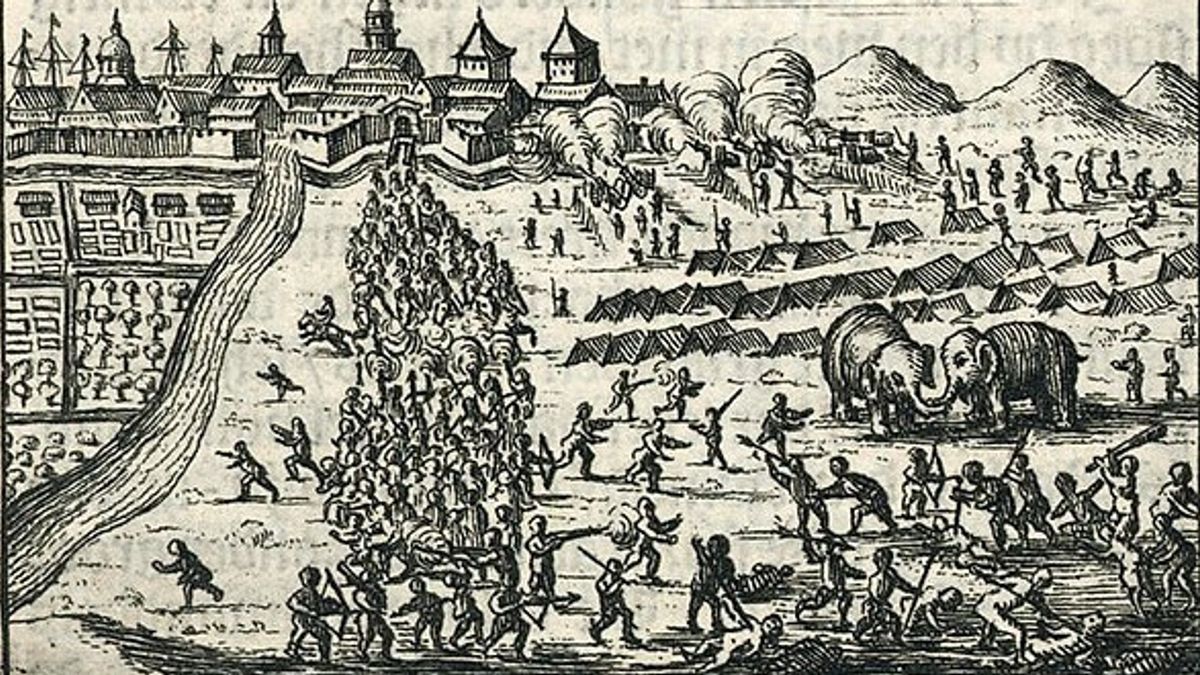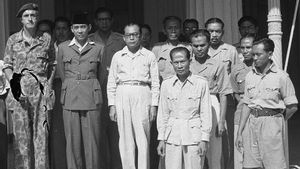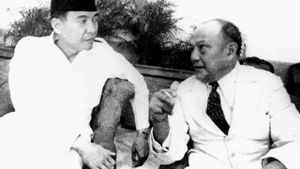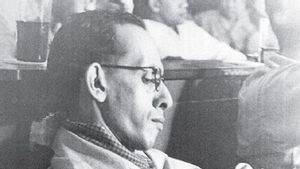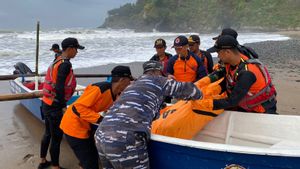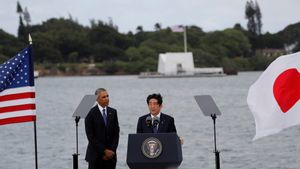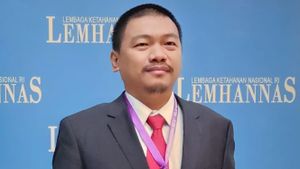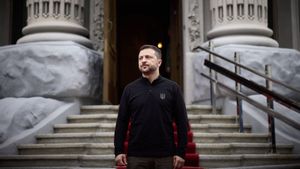JAKARTA History today, 399 years ago, August 3, 1624, the Dutch trading airline, the VOC sent its thread to the Mataram Kingdom. His arrival was intended to establish friendship and cooperation in rice trading.
The VOC did not forget to bring many gifts to the ruler of Mataram, Sultan Agung. The Arab horse, one of them. Previously, the conquest of Jayakarta by the Company brought a stir on the island of Java. The Mataram kingdom began to smell bad signs from the presence of the Company.
The Company's power perpetuates the monopoly of spice trade in the archipelago. The owner of power took advantage of all kinds of ways to achieve that dream. The path of war, one of them. The option was perpetuated by the Company when it won the power of Jayakarta in 1619.
The Company desperately wants to control Jayakarta. All because Jayakarta is in a strategic location. Alias is suitable to be used as a colony. This wish was realized by Jan Pieterszoon Coen. The Governor-General brought the Company to victory.
The Jayakarta series was destroyed and the Company built a new city on the ruins of the Banten Sultanate. Batavia City, his name. News of the VOC being the new ruler in one of the areas of Java quickly spread.
The Mataram Kingdom, which is hailed as the ruler of the island of Java, is furious. They think that white masters have the intention of disrupting their area of power. Therefore, the presence of the Company must be watched out for.
The presence of the Company is even considered to have many disadvantages rather than benefits. This narrative makes it difficult for both parties to perpetuate cooperation. Even if it happens, the cooperation is not carried out according to the wishes of both parties.
Coen's attack to Batavia in 1619 was a decisive turning point. The Dutch have now done what the Sultan Agung had warned them not to do: they have captured a part of Java Island which he wants to rule himself as the sole ruler.
For 10 years, the Sultan of Agung gave priority to the attempt to conquer his Javanese opponents who were closer to Mataram. On his part, Coen had considered establishing an alliance with Surabaya in 1619-1620, but the idea was left behind, "explained the historian, MC Ricklefs in the book History of Modern Indonesia 1200-2008 (2008).
The interest in rice trading ultimately made Kompeni melt. They were forced to start perpetuating the strategy so that the Mataram Kingdom would be friendly and cooperate with the Company. The intention arose from Coen's replacement, Pieter de Carpenter.
The Governor-General then sent the Kompeni envoy to Mataram on August 3, 1624. The Company's envoy was led by Jan Vos. The sending of Jan Vos carries a clear mission. The Company wants to establish friendship and cooperation with Mataram.
A series of gifts were also given to the ruler of Mataram, Sultan Agung. The most striking gift is an Arabic horse. The horse prize is considered capable of easing the heart of the Great Sultan so that he wants to work together, even though it never happened in the Sultan Agung era. Because, Sultan Agung was actually challenged against the VOC in the future.
SEE ALSO:
However, because they really need rice, on August 3, 1624, the VOC or the Dutch Compenies sent envoys to the Mataram Kingdom. The VOC envoy was led by an opperkoopman (head of purchase) named Jan Vos. This envoy did not forget to bring fun gifts to Sultan Agung Anyakusuma, including a good Arab horse.
As is known, having and raising good horses was one of the favorites and virtues of a Javanese aristocrat at that time. Apparently the Dutch had started to pay attention and know what became the favorites and virtues of the bumiputras," explained Sagimun MD in the book Jakarta from the Water Bank to the City of Proclamation (1988).
The English, Chinese, Japanese, Arabic, and French versions are automatically generated by the AI. So there may still be inaccuracies in translating, please always see Indonesian as our main language. (system supported by DigitalSiber.id)
